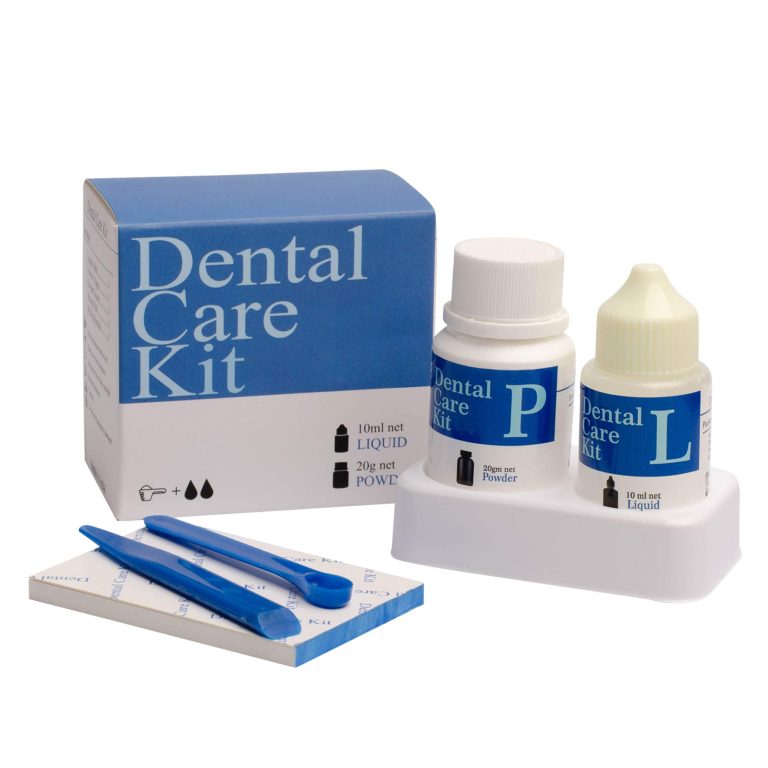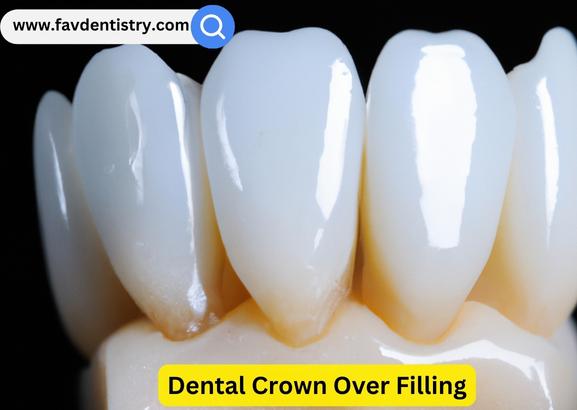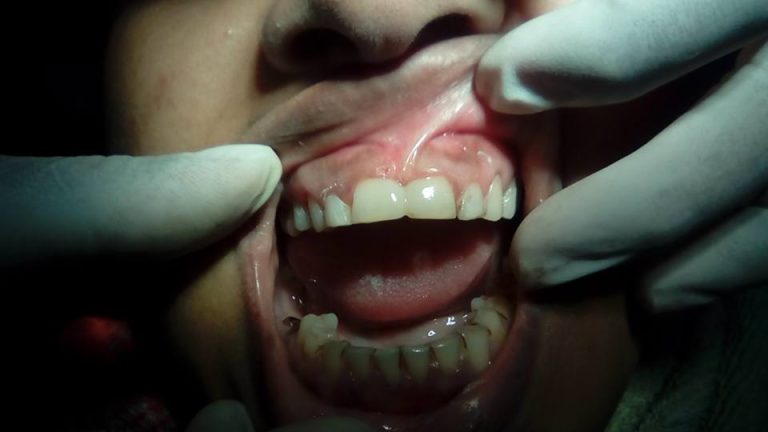Last Updated on 3 days by DR. ALBIN SIPES
Prolia does not directly impact dental crowns. However, it is crucial to consider potential side effects before undergoing any dental procedures.
Dental crowns are commonly used to restore damaged teeth, improving both function and aesthetics. Patients may require dental crowns due to tooth decay, trauma, or other oral health issues. Prolia, a medication used to treat osteoporosis, does not have a direct effect on dental crowns.
However, it is essential to consult with your dentist or healthcare provider before undergoing any dental procedures if you are taking prolia. This is because prolia might have side effects that could impact the overall health of your teeth and jawbone. Understanding the potential risks is important in ensuring the success of your dental crown treatment.
Understanding Prolia: A Bone Health Game Changer
Prolia is a ground-breaking bone health treatment that has revolutionized the field. It works by inhibiting bone resorption, leading to increased bone density and strength. This can be extremely beneficial for individuals with osteoporosis or those at risk of fractures.
Prolia has the potential to prevent bone loss and reduce the risk of fractures in postmenopausal women and men with osteoporosis. Additionally, it is also used to treat bone loss in individuals with prostate or breast cancer who are undergoing certain treatments.
While prolia has numerous benefits, it is important to note that there can be some side effects. These may include joint pain, muscle pain, and even serious infections in rare cases. However, the benefits of prolia often outweigh the risks, making it a viable option for many individuals seeking to improve their bone health.
Dental Crowns: The Ultimate Solution For A Winning Smile
Dental crowns are a popular solution for achieving a confident smile and improving oral health. These dental restorations are custom-made caps that fit over damaged or decaying teeth. With various types available, such as porcelain, ceramic, and metal crowns, individuals can choose the best option to suit their needs.
The benefits of dental crowns are numerous, including enhancing aesthetics, restoring tooth function, and strengthening weak teeth. Additionally, dental crowns can prevent further decay or damage, prolonging the lifespan of the tooth. By providing a protective barrier, crowns improve oral health by reducing the risk of infections and preserving the natural tooth structure.
If you’re looking for a long-term solution to transform your smile, dental crowns are an excellent investment in your oral well-being.
Prolia And Dental Crowns: A Dynamic Duo For Optimal Oral Health
Prolia and dental crowns form a dynamic duo, working together to ensure optimal oral health. The connection between prolia and dental crowns is significant, as prolia enhances the success of dental crown procedures. By combining the use of prolia with dental crowns, individuals can achieve a healthy smile.
Case studies have shown numerous success stories when prolia is used in conjunction with dental crowns. This powerful partnership not only improves the longevity of dental crowns but also promotes overall oral well-being. Whether it’s strengthening weakened jawbones or preventing bone loss, prolia plays a vital role in supporting the effectiveness of dental crown treatments.
With the combination of prolia and dental crowns, individuals can enjoy a beautiful and healthy smile that lasts.
Tips For Maintaining A Healthy Smile With Prolia And Dental Crowns
Maintaining a healthy smile with prolia and dental crowns is crucial. Regular dental visits and oral hygiene practices play a vital role in safeguarding oral health. Implementing diet and lifestyle changes can further optimize oral health. After dental crown placement, follow-up care is of utmost importance to ensure successful outcomes.
While prolia and dental crowns offer numerous benefits, it is essential to be aware of potential risks and take necessary precautions. By adhering to these tips, individuals can ensure a healthy and radiant smile for years to come. Stay proactive and prioritize oral health to prevent any potential complications.
Conquer dental challenges with the right strategies and enjoy the confidence that comes with a bright, healthy smile.
Frequently Asked Questions On Prolia And Dental Crowns
Is It Safe To Take Prolia If I Have Dental Crowns?
Yes, it is generally safe to take prolia if you have dental crowns. However, it is important to inform your dentist about your medication so they can monitor any potential side effects or interactions with other medications. Regular dental check-ups are recommended while taking prolia to ensure optimal oral health.
Can Dental Crowns Cause Complications With Prolia Treatment?
Dental crowns themselves do not typically cause complications with prolia treatment. However, it is crucial to maintain good oral hygiene and address any dental issues promptly. In some cases, dental procedures may need to be postponed during prolia treatment due to the risk of jaw-related side effects.
Consult with your healthcare provider for personalized advice.
How Can I Protect My Dental Crowns While Taking Prolia?
To protect your dental crowns while on prolia, practice good oral hygiene habits such as brushing twice daily and flossing regularly. Avoid biting or chewing on extremely hard foods or objects, as this may damage the crowns. Regular dental check-ups and cleanings will also help maintain the health of your crowns.
Will Prolia Affect The Lifespan Of My Dental Crowns?
There is no direct evidence to suggest that prolia will significantly impact the lifespan of dental crowns. However, it is essential to inform your dentist about your medication, as they can monitor your oral health and make any necessary adjustments to ensure the longevity of your crowns.
Are There Any Special Considerations For Dental Procedures If I’M Taking Prolia?
Yes, there are some special considerations for dental procedures while taking prolia. The medication has been associated with a rare risk of osteonecrosis of the jaw (onj), so it’s important to inform your dentist about your medication. They can collaborate with your healthcare provider to determine the best course of action for any necessary dental procedures.
Conclusion
Prolia and dental crowns are two important aspects of oral health that should not be overlooked. Prolia, as a medication for osteoporosis, can have potential side effects on the jawbone, which may impact dental procedures such as dental crowns. It is crucial for patients to inform their dentists about any medications they are taking, including prolia, to ensure the best possible outcome for their dental crown treatment.
Dentists can then tailor their approach and employ precautionary measures to minimize any risks associated with prolia. Regular communication between healthcare professionals is essential to coordinate an effective and safe treatment plan for patients. By working together, patients, dentists, and physicians can maintain optimal oral health while managing conditions such as osteoporosis.
Remember, prioritizing your oral health and seeking professional advice is key to ensuring a healthy and beautiful smile for years to come.




